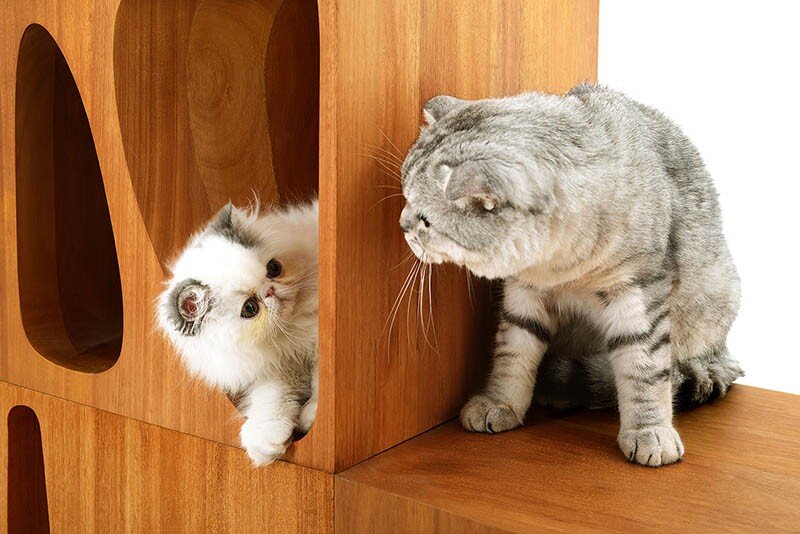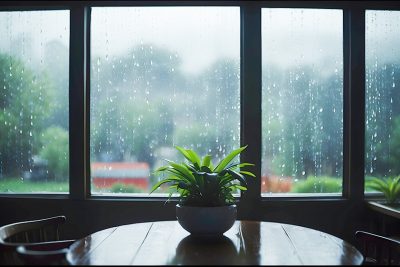
There are numerous benefits and risks to both indoor and outdoor cats . Indoor cats are safe from hazards like cars and bigger animals, but, they can get frustrated and stressed from being indoors. They are also more prone to conditions related to inactivity, such as obesity.
Outdoor cats, on the other hand, are less likely to get bored with their environment and will reap the benefits of having more exercise; however, they are more likely to encounter dangers.
There are lots of pros and cons to owning either an indoor or an outdoor cat, but which one is best for you? Before you decide, have a look at what you should consider first.
Lifestyle
If you’ve got a full time job that means you’re likely to be away from home most of the day, then you might be more suited to owning an outdoor cat. Cats that are left indoors for hours on end can get bored and end up engaging in unpleasant behaviours, such as inappropriate soiling or destruction of property. If you plan on leaving your cat outdoors while you’re working, make sure you provide them with access to drinking water and a warm, outdoor shelter.

Property type
Living in a flat can be challenging for an outdoor cat. Unless you live on the ground floor, where you can let the cat in and out of the window, then you should keep your cat indoors.
If you have a garden, then that is perfect for an outdoor cat because it allows your pet to have its own outdoor territory, which it will love. But, even if you have an indoor cat, you can still allow your fur baby to enjoy the great outdoors in safety. You can install a secure outdoor cat enclosure within your garden that will allow your feline friend to enjoy some fresh air in safety.
Location
Where you live is a vital factor in choosing whether or not you decide to let your cat outdoors. If you live next to busy roads or a main railway line, then keeping your cat indoors (or creating a garden enclosure) is definitely advisable, while a more rural location is ideal for an outdoor cat.
However, outdoor cats with no boundaries are more likely to encounter other cats, which can result in them sustaining injuries from territorial disputes. They are also at risk from catching potentially deadly diseases and parasites – another compelling reason to limit them to the garden.
Breed
Many cat breeds are better suited to the indoor lifestyle, while others will thrive outside. The hairless sphynx cat, for instance, can suffer from cold, but many cats can suffer from sun damage, too. Remember that if you adopt an adult cat, it might already have established for itself whether or not it’s an indoor or outdoor cat, so always take this into account.
Cats that are used to being outdoors, for instance, that are suddenly forced to stay indoors can become very distressed. If you own a breeding pedigree, which is therefore not neutered or spayed, then you must keep the cat indoors for its own health and that of others.
Conclusion
Whether you decide to let your cat outside or keep it indoors, is up to you. Weigh up the benefits and the risks against your property type and location, your lifestyle, and the individual cat before making a decision.









